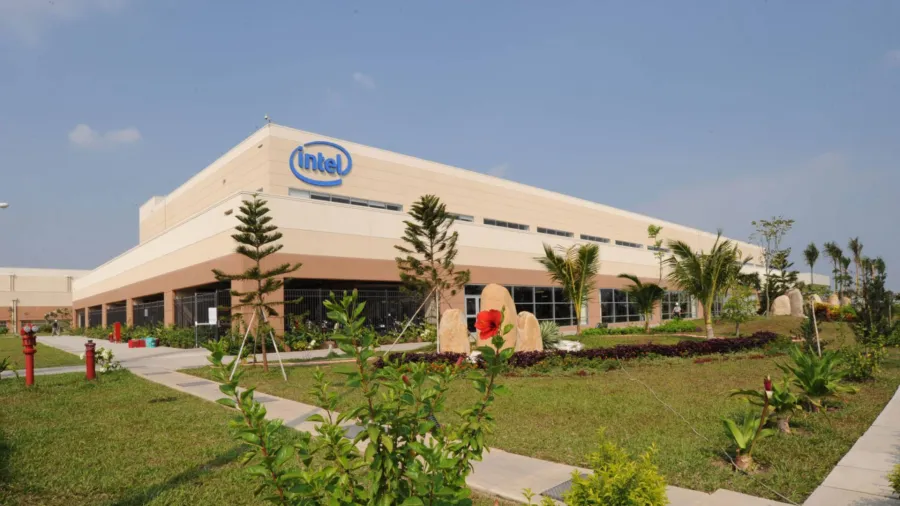
Booming chip sector fuels Vietnam's economic growth: GlobalData
The slowing international trade and global economy is hitting the export-oriented nation hard.
Vietnam’s semiconductor sector is on the rise driven by a wave of investments from major manufacturers from around the world, providing the much-needed support for the economy’s rebound this year.
In its latest Macroeconomic Outlook report for the country, GlobalData projected the economy to grow faster at 5.1% in 2023 compared to its average annual growth rate of 4.5% over the past year, in part due to its rapidly growing semiconductor industry.
The analytics firm pointed to the country’s strategy of positioning itself as a manufacturing hub for relocating companies amid the ongoing supply chain disruptions and trade conflicts globally.
“Vietnam is becoming a pivotal figure in the redirection of worldwide supply chains, moving away from China,” said Maheshwari Bandari, economic research analyst at the firm. “This transition highlights Vietnam's escalating role in the reconfiguring global supply chain scenario, signifying a fresh phase in its economic journey.”
Among the recent major investments supporting the domestic semiconductor sector is Korean tech giant Samsung Electronics, which pledged a further investment of US$3.3b last year to expand its manufacturing capacity in the country.
Earlier this year, US chipmaker Intel was reportedly considering pouring an additional US$1b to ramp up production in Vietnam.
Bandari said among the country’s main appeals to manufacturers is its advantageous geographical location and growing industrial areas like the Deep C Two industrial estate in northern Vietnam – a hub for global suppliers.
Other economic growth drivers for the country include a resilient domestic consumption, monetary easing and increased public investment from the government, among other things.
The growth drivers helped temper the significant decline in the country’s exports of goods and services in the first half as the anemic global economic growth persists.
GlobalData projects around 6.5% growth rate for the economy next year and in 2025.
“If external demand remains subdued or investment remains constrained, there is a possibility that growth could fall short of expectations,” Bandari added.
















